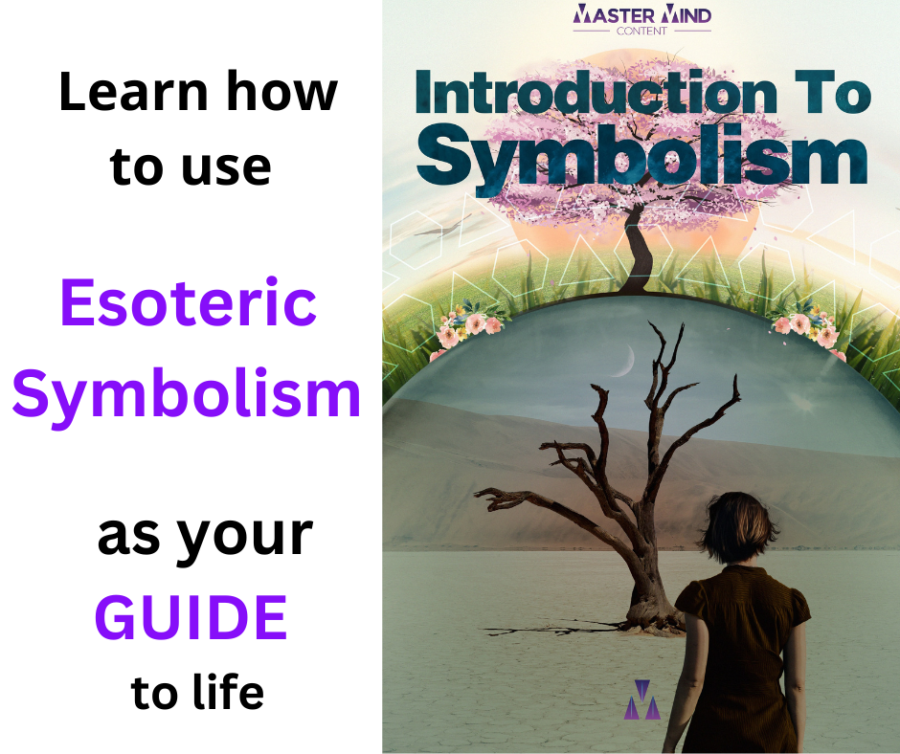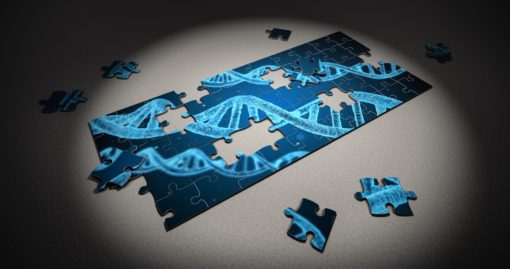
You may have even experienced a condition called Anhedonia which draws the pleasure out of things you used to find exciting such as music, sex, food, and stimulating conversations.
Why is that?
I remember when I was addicted to marijuana that, somedays, I just couldn’t get enough. I would smoke a joint and immediately want another one; even though I felt stoned.
It’s been the same story with food, sex and flirting via text and email. Sometimes I couldn’t even bring myself to enjoy a live gig or a party even though it was good.
For some reason, I had this inability to feel satisfaction or happiness. But it only happened occasionally. It wasn’t a permanent state of being although I suspect chronic anxiety had a part to play.
However, feelings of dissatisfaction are early signs of anxiety and depression, so they may not necessarily be the cause. Personality disorders and brain chemicals play a key role.
And so does your self-image and attitude towards others.
Shall we dig in?
Various studies have found a direct correlation between gratitude and an inability to feel satisfied. Researchers found that some people are not genetically “wired” to be grateful whereas other people have other mental conditions which degrade a person’s ability to feel gratitude.
Materialism, narcissism and envy are all cited as personality disorders that impair gratitude. The overall conclusion is that people with these personality types have a sense of entitlement.
Evolutionary discoveries also indicate that humans have an innate need for more. No matter how much we have, there is a desire or inner striving for more.

On one hand, wanting more to better yourself is a positive mental attitude; striving to be better than you are now in the future enables you to grow on a personal, social, financial and emotional level.
However, if you don’t feel any satisfaction when you reach your goal, there’s probably something wrong with the wiring of your neural circuitry in the reward system of your brain.
It could also be a result of all three given that your personality is moulded by your environment. People either learn to be grateful for what they have or they don’t.
Researchers at Hope College in Michigan, United States determined that gratitude is a personality trait. The writers remarked that gratitude “is an experience of abundance” and a “deeply social emotion” (Charlotte van Oyen-Witvliet, 2019 pp.1-2).
People that are not aligned with feelings of gratitude focus on what they don’t have, rather than what they do have.
There is some truth in the gratitude theory. You can see how practising gratitude will help you appreciate everything you have in your life. And if you are programmed to have a low gratitude threshold, frontier scientific disciplines such as epigenetics and plasticity show that you can change your psycho-biological makeup.
The frontier sciences reveal that genes and the brain change by how we think and behave. Therefore, by changing your attitude towards life, feeling grateful will lead you to be more satisfied.
“Endowed with the ability to be self-reflective, the self-conscious mind is extremely powerful. It can observe any programmed behaviour we are engaged in, evaluate the behaviour, and consciously decide to change the program. We can actively choose how to respond to most environmental signals and whether we even want to respond at all. The conscious mind’s capacity to override the subconscious mind’s preprogrammed behaviours is the foundation of free will.” ~ Bruce Lipton, Biology of Belief
I am satisfied that gratitude does help us to experience satisfaction. It’s a useful tool to adopt every day so that you continuously feel grateful for what you have, celebrate your achievements and feel satisfied with multiple experiences.
When the feeling of satisfaction wears off, you’re ready to push on to your next goal. This is how you grow in life. Just remember to celebrate your achievements.
But adopting gratitude doesn’t completely satisfy my enquiry. It doesn’t seem to fit my personal experience because I felt unfulfilled in isolated moments.
Why did I sometimes not feel happy at gigs? I was with friends, the music was awesome and the atmosphere was buzzing, yet I felt numb.
Or why did I not feel satisfied after sex and immediately want to go again? Why did I feel compelled to smoke another joint even though I was stoned?
For me, the gratitude theory doesn’t answer these questions. I’m not convinced it is the case for most other people either.
So, are we back to personality and chemical balance?

Click here to download your FREE copy of the Introduction to Symbolism Guide
Dopamine is associated with the pleasure and reward system of the brain (basal ganglia). It generates positive emotions and prompts you to seek pleasure or strive for achievement.
On the one hand, dopamine is useful because it motivates you to fulfil goals and aspirations. It also plays a role in lowering the inhibitive factors of the prefrontal cortex that is responsible for rational thinking. Dopamine can, therefore, reduce anxiety and worry.
Individuals that have a well-balanced chemical disposition, will feel fulfilled and satisfied in the right moments.
But dopamine also causes cravings and urges that convince you to have one more beer, cigarette, joint, cookie, coffee, orgasm, another spin of the roulette wheel or whatever it is you think will satisfy you.

The problem is that dopamine tricks your brain into thinking a reward is real pleasure. Subsequently, you get caught in a dopamine loop that shapes your behaviour by driving desire and motivating you to seek rewards. The continuous scrolling feature in social media platforms is a dopamine trap.
Researchers have also linked high levels of dopamine shots with likes, comments and shares that stroke your ego. It triggers an innate need for human connection and bonding.
Whilst this can be good for building self-esteem, when it becomes an obsession, you have a problem. Every time your phone chimes with a social notification, your basal ganglia might be depositing a drop of dopamine into your neural system.
The “liking system” in your neural circuitry only gives you pleasure in the moment. When the liking system is activated your ego recognises the pleasure and you feel satisfied (Berridge and Aldridge, 2008).
The reward system in the brain prompts you to take action. It is associated with habit-forming that can lead to addiction. If you’re addicted to social media, your addiction may really be because you have a negative self-image or low self-esteem.
And that leads to the personality disorders mentioned above; narcissism, materialism and envy.
Worse still, social media has been linked to anxiety, depression, sleep disruption, anti-social behaviour and suicidal tendencies.
But the reason you’re not satisfied is not just because of a chemical imbalance. The psycho-biological system is much deeper than that.
Sorry, couldn’t resist.
The principal cause of unhappiness is a lack of emotional well-being. When you don’t have anything that gives your life purpose and meaning, you feel empty and stop growing.
Feeling empty is what can lead people down the path of addiction in the first place. Whatever it is you’re addicted to is an attachment you believe fulfils your emotional needs. The Buddha said all attachments lead to suffering.
You have to admit that all these things only make you momentarily satisfied – and then you’re looking for the next reward.
If your life has no meaning or purpose, or if you adopted the same interests as your friends just to fit in but don’t really like them, you need to activate your explorer archetype.
The explorer archetype helps you to discover things you like, shape your own ideas and opinions and build your self-esteem. The positive qualities you need to integrate are curiosity, independent thinking and self-sufficiency. Define personal values, search for novelty and make tight connections when you’re researching or learning.
A classic example of an inactive or underdeveloped explorer archetype is an inability to see a project through to the end. Accomplishing a goal should bring satisfaction (albeit momentarily), but if the “busybody” is the dominant force in your explorer archetype, you flit from one thing to another without making any emotional connection.

When you don’t connect with things in your life on a deeper level, life loses its meaning. It becomes shallow. If your depth of knowledge and understanding is shallow, so is your personality. Superficial conversations, for example, do not have a significant meaning that drives an emotional connection.
The same rule applies to people that put a cap on their aspirations due to the fear or anxiety of failing. Instead of putting the energy into the things you could actually achieve if you put your mind to it, you prefer to set subpar goals that don’t push you out of your comfort zone.
This will never give you a sense of satisfaction either. Deep down you know you haven’t fulfilled your potential.
Then there are people that do achieve success in sports, academia, career or finished projects but don’t take time to celebrate their accomplishments. They are not satisfied with what they have got or what they have done and thus don’t experience happiness.
If this sounds like you, you are experiencing what has been called “hedonic adaption”. Here the intensity of the reward system is diminished to the point that positive or negative outcomes become neutral (Frederick & Loewenstein 1999).
Allowing yourself to be vulnerable and taking the risks that come with being vulnerable change your values, goals and attention. This is how you develop and grow as an individual.
When your life has no purpose or meaning, you won’t experience any satisfaction. What you will experience is restlessness, frustration, panic, mania and despair.
The explorer archetype governs self-discovery which enables you to build self-esteem. You will be more outgoing, prepared to step out of your comfort zone and find things in life that you are truly passionate about.

The explorer archetype drives you to make deep connections that nurture emotional well-being.
Studies in psychology show that the most satisfying events fulfil the need for self-esteem or a sense of worthiness (Sheldon of the University of Missouri, Columbia 2001).
Individuals who lack self-worth develop narcissistic tendencies, materialism and envy. When these attributes are lacking, you look for pleasure and satisfaction from the external world.
These are attributes associated with the negative qualities of the lover archetype. As I explain in my article decoding the esoteric symbolism of the Greek myth in which Artemis and Apollo slay the children of Niobe, the qualities of the explorer eliminate the narcissistic, materialistic and addictive attitudes of the lover.
Studies have shown that people with a low tendency toward materialism and envy feel a sense of gratitude and experience satisfaction more often than people that are narcissistic, materialistic and addictive (Tsang 2002).
It seems the ancient Greeks knew this over 2000 years ago. They even described a character named Tantalus from which we derive the word tantalise – desire or temptation that does not deliver satisfaction.

Click here to download your FREE copy of the Introduction to Symbolism Guide
